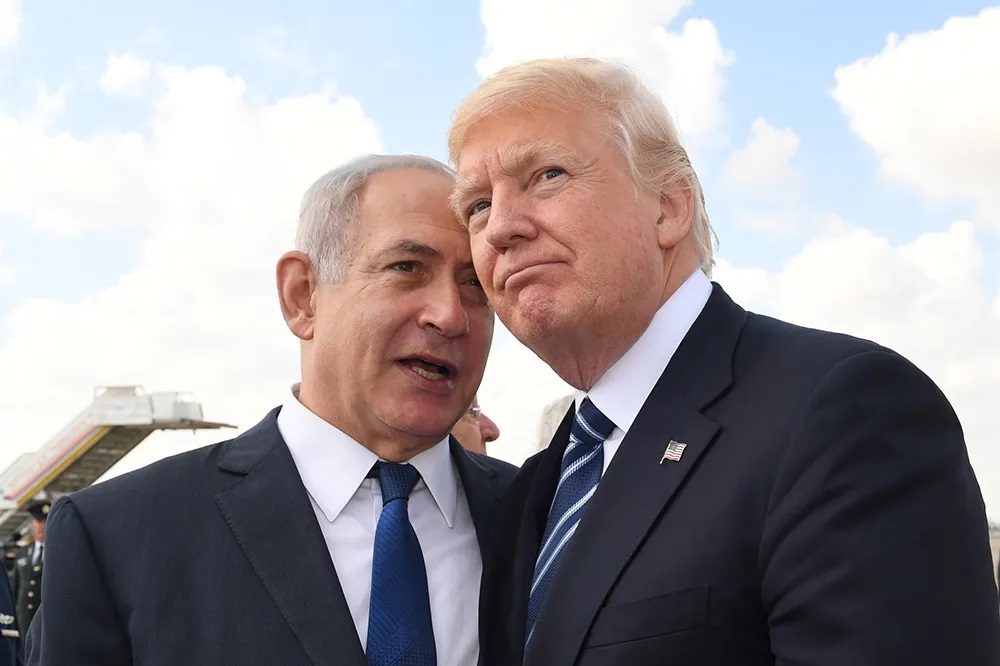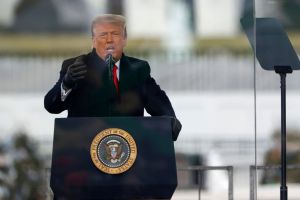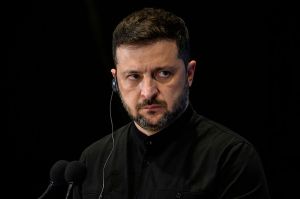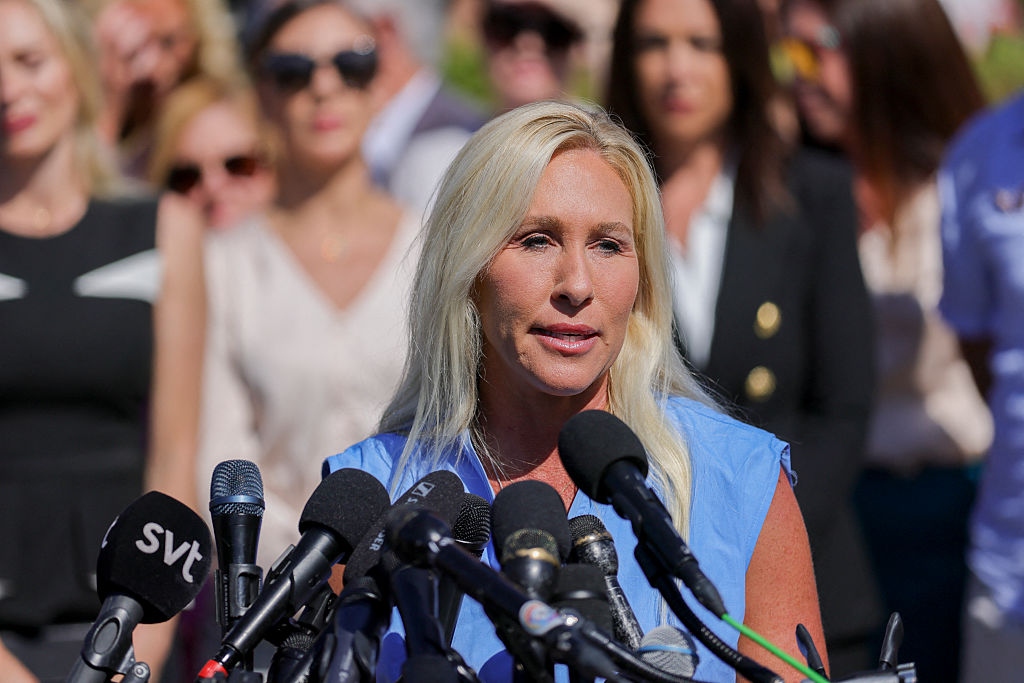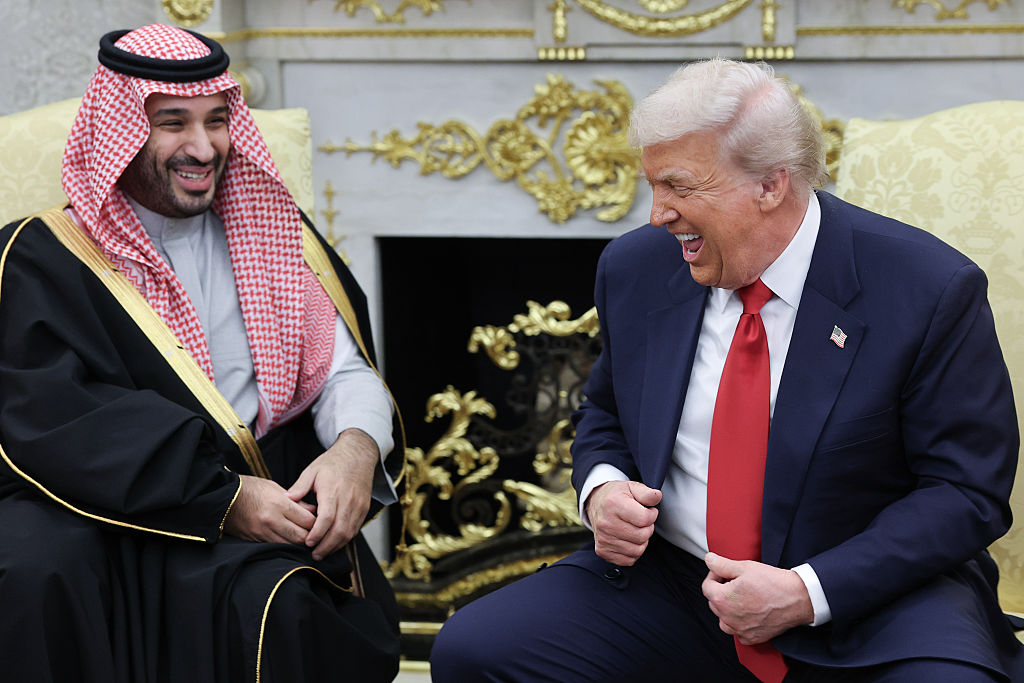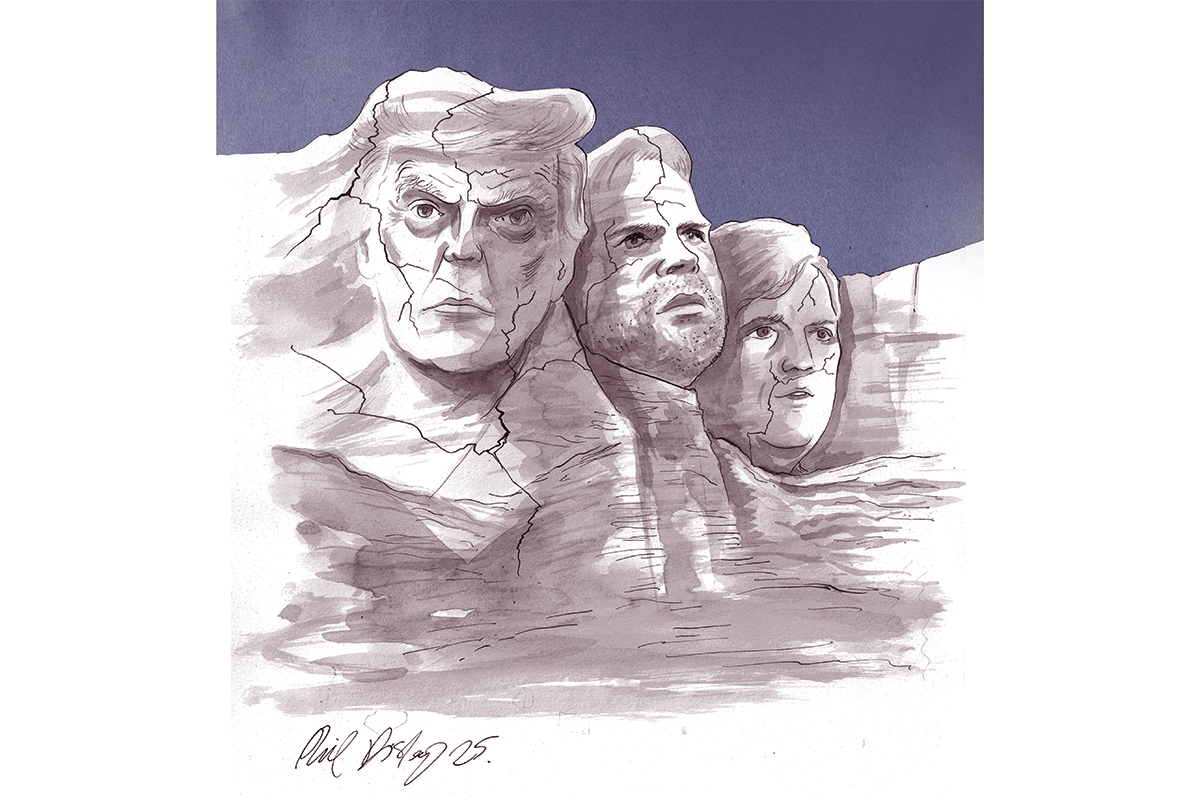The former US president Jimmy Carter died, at the age of 100, just before news of an imminent deal to free the last of Israel’s hostages in Gaza. Carter’s presidency was crippled by his own hostage crisis, American diplomats held captive in Tehran. Freeing them became his administration’s highest priority, and he worked on it for every single one of the 444 days the crisis lasted, often to the exclusion of anything else. By contrast, the Israeli prime minister, Benjamin Netanyahu, resisted massive domestic pressure to do a deal for his hostages in order to pursue the war aim of destroying Hamas. You could call this statesmanship, or something else, but it is a kind of victory for Netanyahu.
The hostage deal now in the final stages of negotiation is apparently the same agreement brokered by the US back in May. What changed? Enter Donald Trump. The president publicly threatened Hamas that “all hell” would break out if the hostages were not freed by his inauguration. It may, though, have been private threats — or promises — to Netanyahu that ended the deadlock. Though not yet president, Trump dispatched his new Middle East envoy, Steve Witkoff, to the hostage talks in Qatar and to Israel. Witkoff succeeded where, for the past fifteen months, the Biden administration failed.
Witkoff is, like Trump, a New York real-estate billionaire — and he partied hard back in the day. He’s one of Trump’s golf buddies and is trusted enough that he helped launch his new crypto venture (there’s nothing more important to the Donald than making money). Witkoff has no diplomatic experience but, like Trump, he is a deal-maker who knows when to put the screws on. As an up-and-coming property mogul, he was said to carry a handgun to collect rents in Harlem, and he reportedly kept the book Tough Jews, about the Jewish mobsters Murder, Inc. in Brooklyn, on his desk. (Witkoff is Jewish and from Brooklyn.)
As the Israeli newspaper Haaretz tells it, Witkoff rang Netanyahu’s aides on Friday January 10 to say he was coming to Israel the following afternoon. The aides politely explained it would be the middle of the Sabbath, but that the prime minister would gladly meet him on Saturday night. “Witkoff’s blunt reaction took them by surprise. He explained to them, in salty English, that Shabbat was of no interest to him.” So, in “an unusual departure from official practice” the Israeli prime minister turned up at his office on Saturday afternoon and, getting Witkoff’s “loud and clear” message in person, agreed to the exact same deal he’d spent the past eight months turning down. Israeli hostages died in that period. The mother of one of them said at his funeral: “You’ve been sacrificed on the altar of eliminating Hamas.”
The deal, as reported, calls for the hostages to be released in stages, with a ceasefire coming into effect and Israeli forces pulling back. Aid would flow, reconstruction of Gaza’s shattered landscape would begin. When the rubble is excavated, we may get a better idea of how many thousands of Gazans have died in the Israeli campaign. The people there — hungry and homeless — are desperate for a ceasefire. Perhaps Netanyahu agreed to one as part of the hostage deal because Witkoff promised he would be able to send Israeli forces back into Gaza if needed. There was a similar get-out clause attached to the truce with Hezbollah in Lebanon.
But though Hamas has been grievously damaged, and its leader Yahya Sinwar — architect of the October 7 massacre — has been killed, Netanyahu has not fulfilled his promise to “eradicate” Hamas, to continue the war “until the end” when “total victory” has been achieved. Hamas remains strong enough to be the party Israel must negotiate with to free the hostages. Over the course of a week in mid-January, ten Israeli soldiers have been killed in Gaza, blown up with IEDs made from Israel’s own dud bombs that didn’t go off, scooped up and rewired by Hamas. Gaza may have been reduced to a pile of rubble, but Hamas remains in charge of it. It is still unclear who is supposed to rule once Israel leaves. Without that political settlement — and even with it — Hamas or a more hardline successor will find no shortage of young men bent on revenge against Israel. Gaza has many orphans.
There will be no shortage of young men bent on revenge against Israel. Gaza has many orphans
For the time being, Netanyahu might feel that little more can be achieved by keeping troops in Gaza, except casualties. It is therefore handy to be able to tell the right–wingers in his cabinet that Trump is to blame for halting the campaign. Even so, the hardline security minister, Itamar Ben-Gvir, threatened to resign if the deal went through, calling it “Israel’s surrender to Hamas.” Netanyahu could probably survive Ben-Gvir’s departure. But Bibi will also have to face a long-delayed state inquiry into the failings that led to October 7. His trial on corruption charges will also resume. Netanyahu’s harshest critics accuse him of wanting another war to stay in office and out of jail.
The next target is Iran. Netanyahu’s gamble in laying waste to Hezbollah in Lebanon paid off, but that left Tehran without its “strategic deterrent.” Some fear that Iran might now dash to make a nuclear bomb and put it on one of its hypersonic missiles. Netanyahu has spent decades saying that such a “flying Holocaust” must be stopped. After years of a covert war of assassination and sabotage, that could now mean bombing Iran’s oil industry, or its nuclear facilities — or both.
Netanyahu would need Trump’s backing for that. The president-elect is about as different a man from the cautious, pious Carter as you could imagine. Would Trump go to war against Iran alongside Israel? Or does he imagine getting a Nobel Peace Prize for a Middle East settlement and a nuclear agreement with Iran? Take that, Obama! His envoy, Witkoff, is said to see geopolitics in the region as “one giant real-estate deal” and it’s very likely that Trump thinks the same way. Still, this hostage deal does not mean that peace is breaking out in the Middle East.



